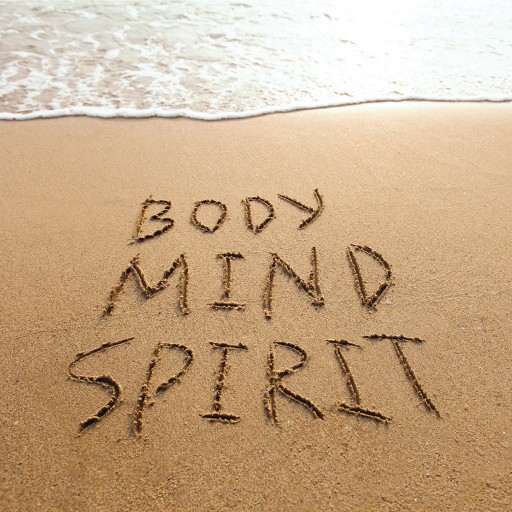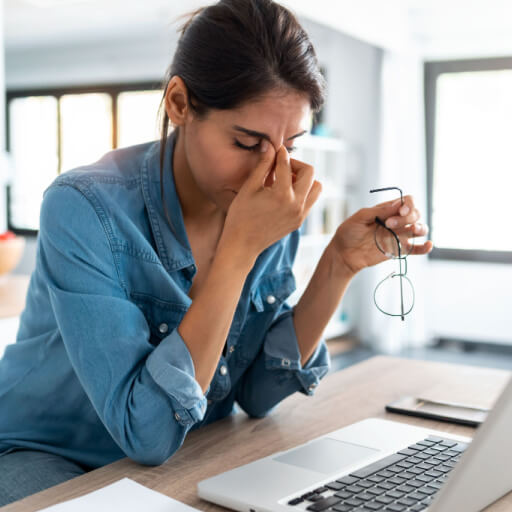
Manasi Gokhale, Manager – Outreach & Content is a psychologist and a valuable member of the Mpower team. In this article, Manasi shares her insights on the effects of physical activity on mental wellbeing based on her own expansive experience from working with a vast number of individuals.
The World Health Organisation (WHO) defines “health” as not only the absence of infirmity and disease but also a state of physical, mental and social wellbeing.
As per this definition, we can no longer look at mental and physical health as two distinct entities. In fact, studies have shown repeatedly that being physically healthy and active has a positive impact on the mind. It is therefore important that when working towards mental wellbeing we must not ignore the role of being physically healthy and exercising regularly.
What Is Mental Wellbeing?
Mental wellbeing is referred to a positive state of psychological and emotional health; it indicates that a person is able to function cognitively and emotionally in a manner that is productive and fulfilling. Dr. Martin Seligman PhD describes wellbeing as multi-dimensional. He says that wellbeing is not just about being in a good mood or feeling happy but also having other external factors like good relationships and being productive that contributes to the state of feeling good.
How Does Physical Health Contribute To Mental Wellbeing?
When we are physically well, we feel emotionally good too. However, the benefits of our physical state on our mental health have more far reaching benefits. These are the areas to pay attention to when improving physical health, and in turn, mental wellbeing.
एक्सरसाइज़:
Exercise releases certain chemicals in our brains which have been popularly dubbed as happy hormones. These happy hormones are actually neurotransmitters like endorphins, serotonin, and dopamine that make us feel good, improves mood, and decreases stress. Because of this chemical reaction, physical activity has been found to be an effective treatment for conditions like depression and anxiety. Other chronic mental illnesses have also responded positively to exercise, and the benefits also extend to the preservation of cognition and delaying the onset of dementia in the elderly.
As a personal practice, any time you are feeling low you can try being a little active. Start with walking around for a few minutes. Keep increasing your pace and do this for 2-3 minutes; you should see an improvement in your mood. If just a few minutes of movement can improve mood, then the effects of 35-45 minutes of daily exercise will have a much more beneficial effect on overall mental wellbeing.
आहार:
Diet also affects our physical state and in turn our mental state. Good and balanced nutrition plays a key role in the way we feel, which is why we are recommended to consume a well-balanced diet. A healthy diet is one that includes the right amounts of proteins, essential fats, complex carbohydrates, vitamins, minerals, and fluids. The food we eat can influence the development, management and prevention of numerous mental health conditions including depression.
Substance use:
Along with what we do to make our bodies healthier, there are things that we must also avoid. Regular misuse of any substance has a negative impact on mental health. Using a substance as a coping mechanism only makes the problem worse. Substances tend to give an initial high followed by a crash, which leaves the user feeling very low. Prolonged use of nicotine also switches off the brain’s natural way of producing certain neurotransmitters, making us more dependent on the drug and less able to cope without it. Anyone with a substance abuse problem should seek professional help to break the habit.
How to get started on your journey towards wellbeing?
Before you get started, consider the following points:
- How many days in a week will you exercise?
- How much time in the day will you commit to your routine?
- Which form of physical activity do you like – walking, swimming, dance workouts etc.? While picking one, do not forget to factor in any injury or health condition that you may already have.
- What time of the day will you dedicate to exercise?
- How will you treat yourself for achieving your workout goals?
- Do any of your friends share the same goal? Can you help each other stick to the plan?
Once you answer these and decide upon these aspects, you can get started by practicing a routine. As you move ahead, make sure to monitor your progress so that you know how well you are doing.
Good luck on achieving physical and mental wellbeing!





 1800-270-7000
1800-270-7000









Oh, wow! This article really makes me want to find a reliable resource to use as guidance to improve myself inside out at an instant. The fact that our daily food intake must be well-balanced too to keep our mental wellbeing intact is something I’ve never heard of. You see, I’m turning 40 next year and it hits me that I need to be more cautious with my health if I want to live longer.